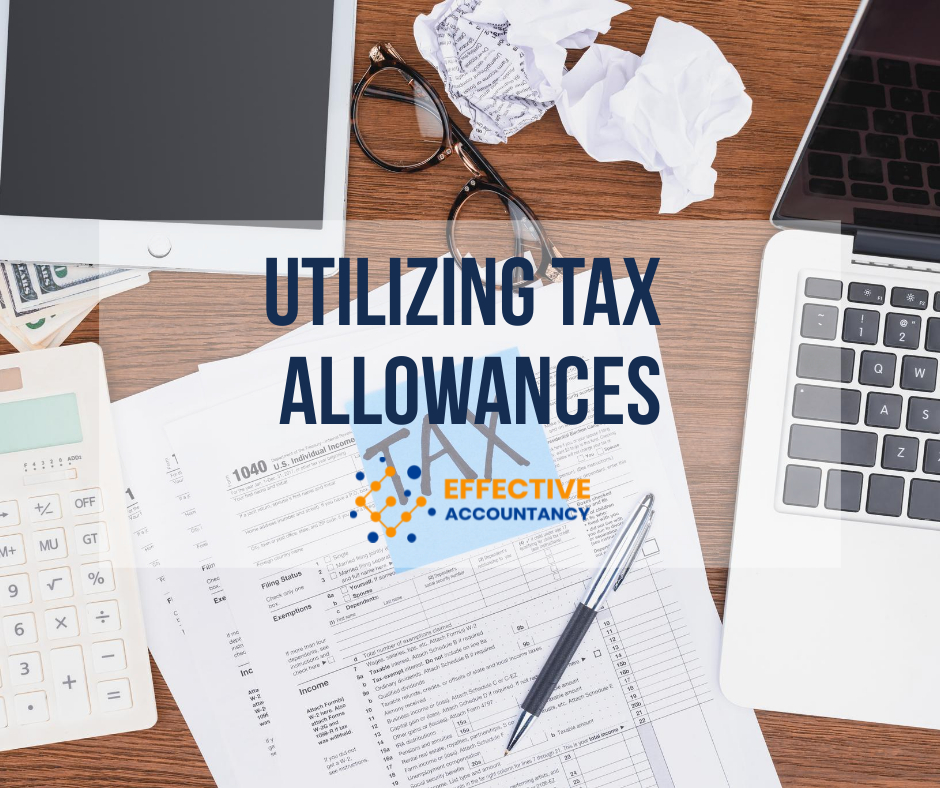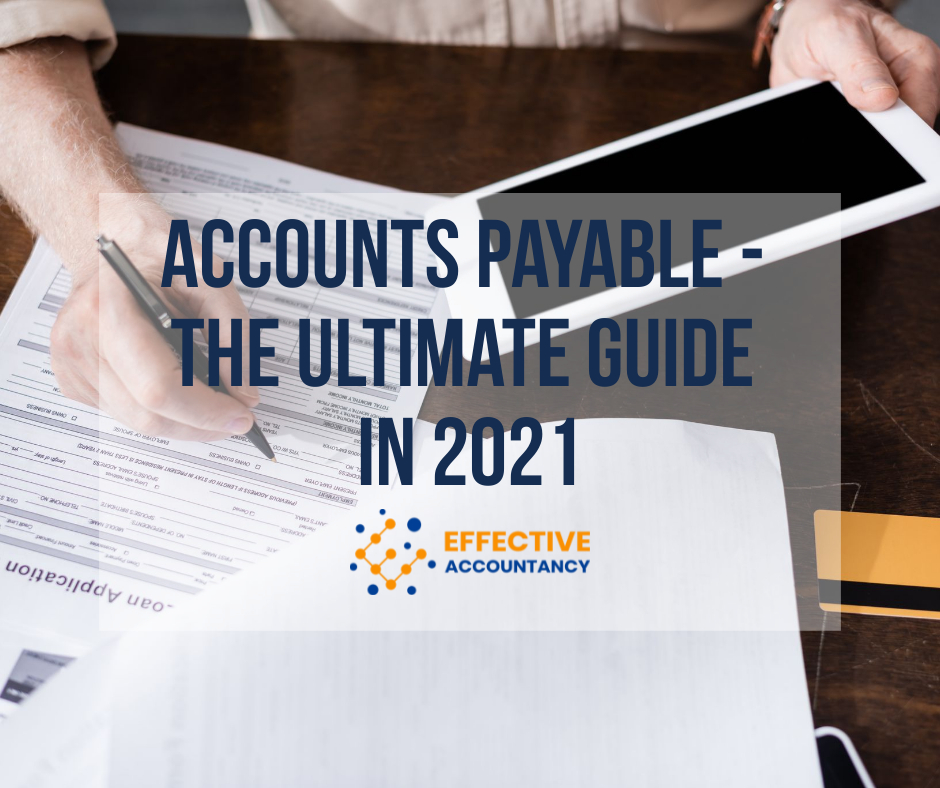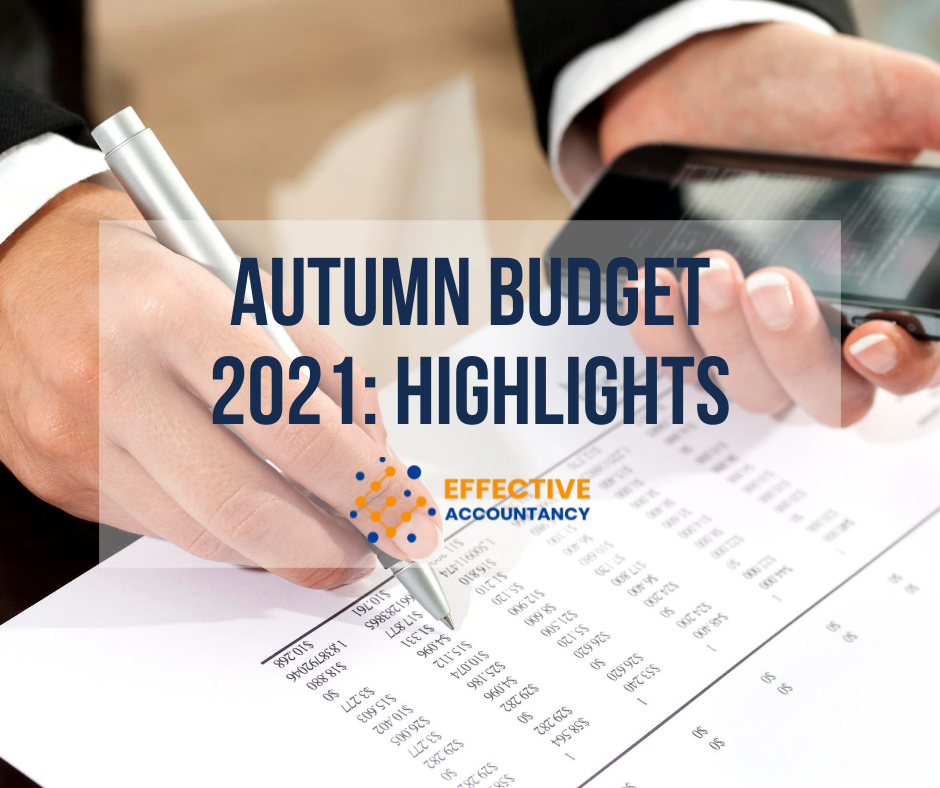UTILIZING TAX ALLOWANCES

Is your tax shield ready? Tax planning is often misconstrued as a final resort to minimize the overall liability. Each year brings new opportunities to reduce the tax one pays out. Exorbitant tax rates, dynamic policies, and ever-changing regulations are creating a dent in the budget tax planning of individuals, corporates, and businesses all alike.
The UK govt holds all residents and beneficiaries liable to pay tax but allowances and benefits come to the rescue. Knowing where to start is a common challenge faced by the majority. The shared insights below could be of assistance while navigating through such hurdles.
Maximizing Personal Allowances
Personal allowances up to £12,500 are at disposal for all individuals
whose yearly adjusted net income falls below £100,000. However, upon exceeding the benchmark of £100,000, the deductible amount of Personal allowance gradually starts reducing, eventually lapsing at an adjusted net income of or above £125,000 yearly. The element of tax savings comes into the foray by aiming to maximize personal allowance deductions. If additional personal pension contributions or gift aid donations to registered agencies are made well ahead in the tax year, even if the gains exceed the threshold, the adjusted net income will fall in place overall allowing utilization of personal allowance.
Personal allowance deductions of eligible taxpayers can be transferred to their spouses or registered civil partners through the entitlement of marriage allowance as per HRMC policies provided that both partners are basic-rate taxpayers as per their net income. In line with Finance Act-20, the marriage tax allowance stands at £1250 for the tax year 2020-21. The benefit is passed on as a reduction from their final tax liability up to £250 which aids as the final tax saved.
Shield your employment income from tax
With the norms of Covid-19 restricting movement, the HMRC has come to the aid of individuals working from home by increasing the weekly tax-free allowance to employees up to £6, inclusive of the cost of necessities needed to operate from residencies. Moreover, workers can enjoy deductions on taxable salaries by utilizing approved mileage allowances of 45p per mile up to 10,000 miles and 25p per mile beyond that for commute involving a business purpose. Alongside, Company Car benefits Company Van Benefits, Company Car Fuel Benefit can also be utilized by employees to reduce their tax liability on their employment income.
For employers & entrepreneurs, the annual employment allowance has been set at £4,000. This can be used by businesses to reduce the amount of employer’s Class 1 NIC liability paid on behalf of employees.
Benefits of Pension Contributions
For workers contributing to pension schemes, the annual allowance for the tax year 2020-21 remains the same at £40,000 but if the adjusted income of an individual exceeds £312,000 or more, they will only be entitled to an annual allowance of £4,000. However, the lifetime allowance has been increased from £1,055,000 to £1,073,100 applicable if the total pension fund exceeds that limit.








